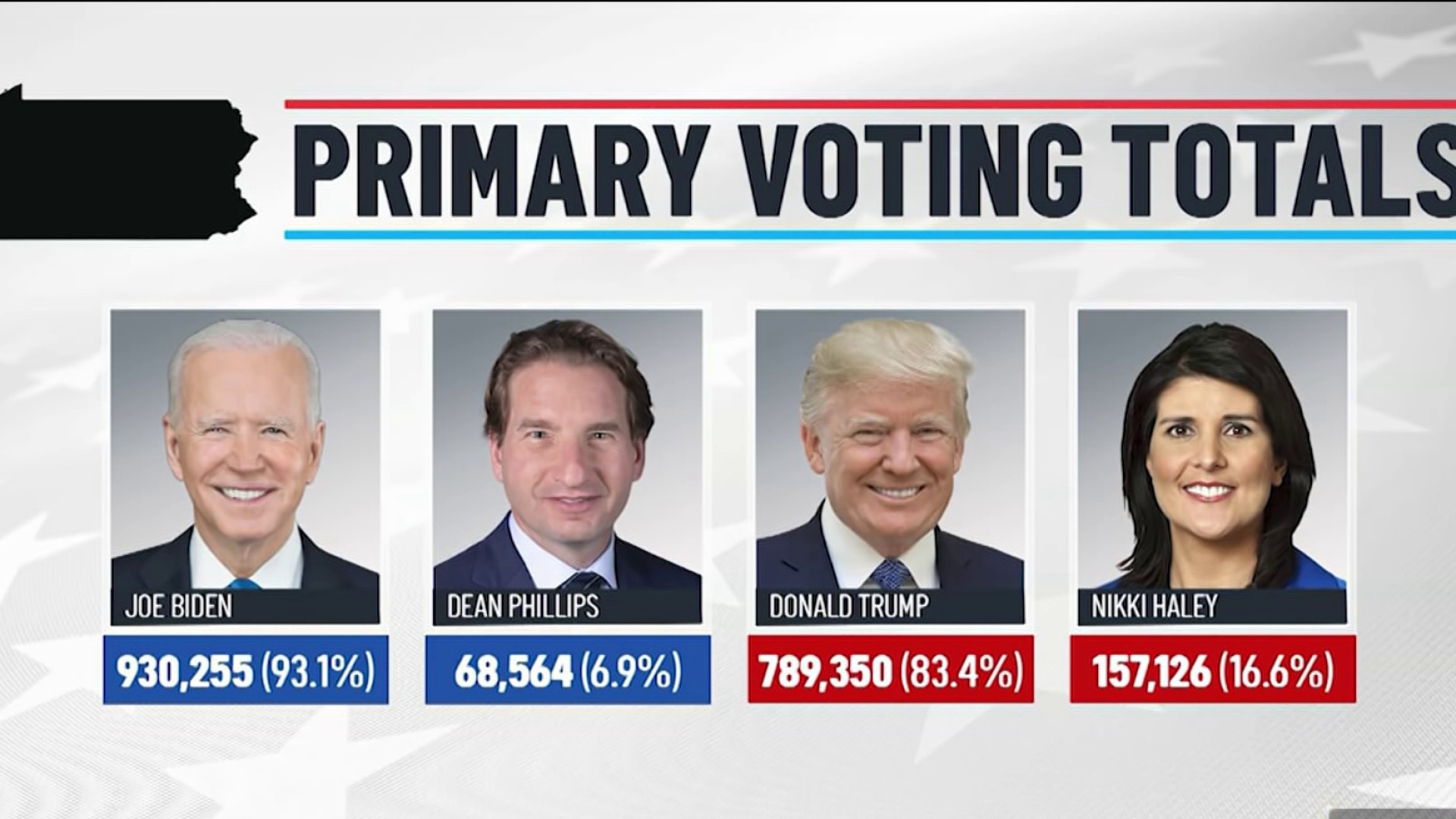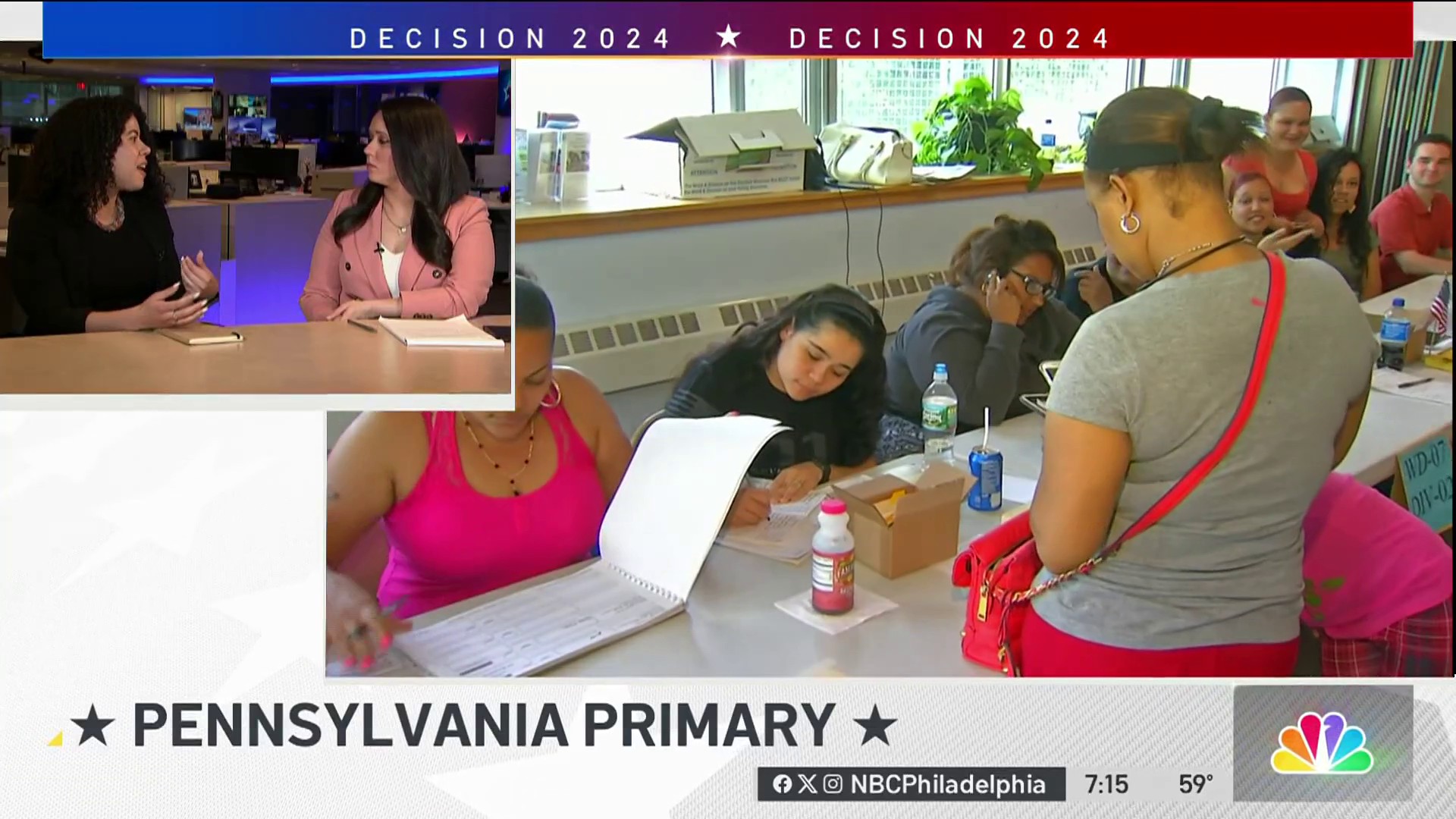New Jersey voters were being asked to raise the state's minimum wage by $1, to $8.25 an hour, and to allow automatic cost-of-living increases as 10 other states already do.
About 50,000 workers in the state receive minimum wage, or about 3 percent of the workforce. About an equal number, including restaurant staff, get less than the minimum because they work on commission or rely on tips, federal labor statistics show.
The Democrat-led Legislature put the minimum-wage hike on Tuesday's ballot as a constitutional amendment after being unable, through legislation, to reach an agreement with Gov. Chris Christie on changes.
If approved, the hike would take effect Jan. 1, with cost-of-living adjustments made every Sept. 1.
Public opinion polls showed strong support for the measure.
New Jersey's current minimum wage of $7.25 per hour is the same as the rate in 21 other states and the federal government's. Eighteen states and Washington, D.C., currently have a higher minimum wage, with the state of Washington at the top at $9.19 an hour.
New Jersey would move into the top 10 at $8.25 an hour.
Politics
Labor groups campaigned for the ballot measure, saying New Jersey's high cost of living means families cannot afford basics like groceries and rent while earning $7.25 an hour.
Business groups opposed the hike, warning it would force some employers to lay off workers or cut employee hours to compensate for higher wages. They said it would affect more than those getting minimum wage because those earning slightly more would also now expect their pay to go up.
They also said setting the minimum wage by changing the constitution makes it difficult to undo if there is another recession.
Democrats had presented Christie with a bill raising the wage by $1.25, to $8.50 per hour, with annual adjustments based on the Consumer Price Index, which measures how much consumers are paying for certain products and services.
Christie vetoed the bill but offered an alternative, which lawmakers rebuffed: scaling back the increase to $1, phasing it in over three years and ditching the inflation adjustments.



